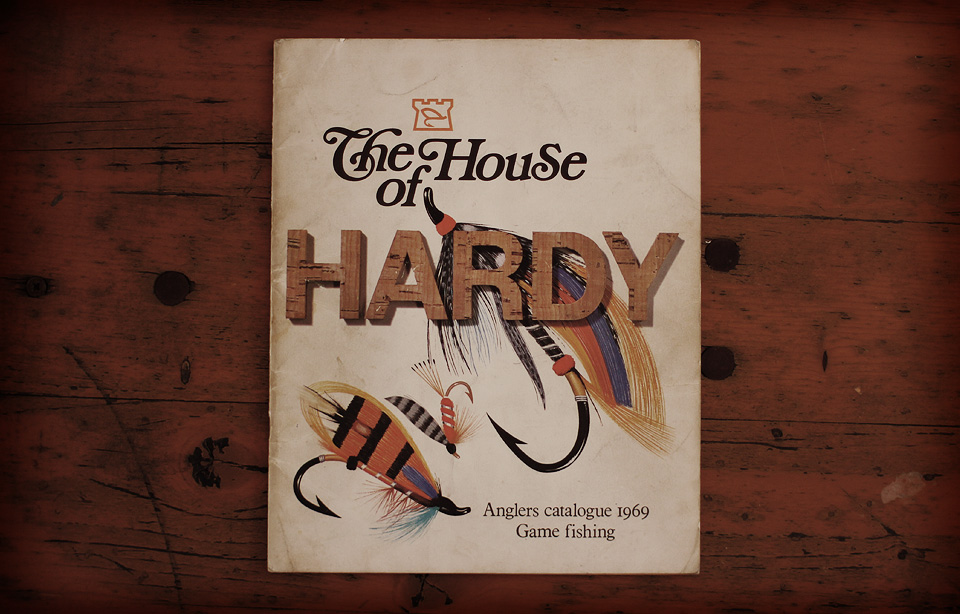Weston's second large walk was in 1867 from Portland, Maine to Chicago - a journey of 1200 miles which he covered in just 26 days. At this time he took part in many indoor and outdoor pedestrianism contests and even travelled internationally, spending 8 years in Europe challenging local walkers. In 1879 he defeated "Blower" Brown, the British champion, by walking a truly incredible 550 miles in 141 hours, 44 minutes in one of the "6 Day Races" at the Agricultural Hall, London, earning himself the famous Astley Belt. All the while he was spreading the word about the benefits of walking and cautioning people about the over use of the automobile and the perils of a sedentary life.
Over the following decades Weston achieved more super human walking feats. In April 1906 he walked 100 miles in less than 24 hours from Philadelphia to New York. In 1907 he repeated his walk from Portland, Maine to Chicago and shaved 24 hours off his original time. In 1909, at the age of 70, he walked the entire width of the United State; from New York to San Francisco a distance of 3,895 miles in 104 days 7 hours. He made the return journey the year after, covering 3,600 miles in 76 days, 23 hours and 10 minutes. His last big walk was in 1913 from New York to Minneapolis to lay a cornerstone of the Minneapolis Athletic Club, 1,546 miles which he covered in 51 days.
After so many high profile, incredible feats Weston slipped into obscurity. He became estranged from his wife and children and ended up in the care of his long time secretary Miss O'Hagen. In 1927, on the corner of 11th Street and 7th Avenue in New York City, he was struck by a taxi cab and never walked again. The motorcar, which he so vehemently rallied against in the promotion of a pedestrian lifestyle was the thing that eventually ruined him. It is said that he was rescued from poverty by the author Anne Nichols, who became his benefactress in his final years yielding him $150 per month to live on. He died of old age 2 years after the car accident.
So what makes Weston such a special character. To start with he was an incredibly accomplished athlete. He was one of the greatest walkers in the world and if he lived nowadays he would probably have sponsors and be on TV. Sadly, he has come to represent an obsolete ideal, a way of life that everyone has turned their back on. What he stood for seems almost quirky and twee, but at the time he was making a real stand and championing an alternate and legitimate lifestyle.
It would be hard now to repeat the routes that Weston took, sadly we now have to drive somewhere so that we can walk.
If you're interested in finding out more about Payson and the art of professional, long-distance walking, "Weston, Weston, Rah-Rah-Rah!" and "King of the Peds" by Paul S. Marshall and "Man in a Hurry" by Marshall, Nick Harris and Helen Harris are all great places to start.


























